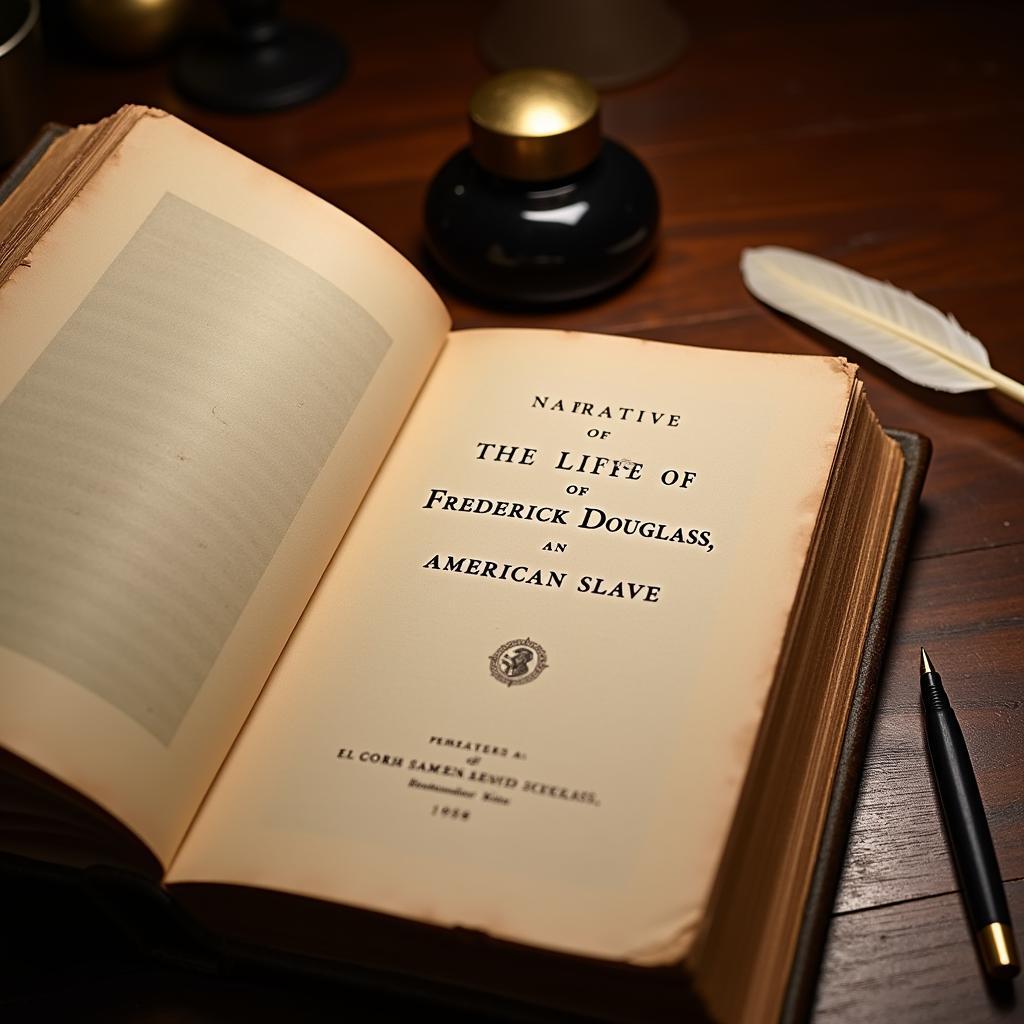The African American Poll Tax: A Tool of Disenfranchisement
The African American Poll Tax, a seemingly innocuous fee levied on citizens for the privilege of voting, was, in reality, a powerful instrument of racial discrimination. Implemented across many Southern states in the late 19th and early 20th centuries, it strategically targeted African Americans, significantly hindering their ability to participate in the democratic process. This article delves into the history, impact, and eventual abolishment of the African American poll tax, illustrating its role as a key tool of disenfranchisement during the Jim Crow era.
After the Civil War and the ratification of the 14th and 15th Amendments to the US Constitution, which granted citizenship and voting rights to African American men, Southern states faced a new challenge: how to maintain white supremacy while ostensibly complying with federal law. The answer, they found, lay in circumventing these newfound rights through a series of discriminatory laws and practices. The poll tax emerged as one such measure, ostensibly applying to all citizens regardless of race, but in practice, disproportionately impacting impoverished African Americans.
While the poll tax amount itself may appear insignificant by today’s standards, it presented a formidable barrier for African Americans struggling to rise above the poverty ingrained by centuries of slavery and systematic oppression. For sharecroppers, tenant farmers, and laborers living on meager wages, the poll tax represented a substantial portion of their income, making voting a difficult, if not impossible, choice.
Furthermore, the cumulative effect of the poll tax over multiple election cycles compounded the financial burden, forcing many African Americans to choose between exercising their right to vote and fulfilling basic needs. This economic hardship was further exacerbated by the requirement to pay poll taxes for previous years in order to vote in the current election, essentially creating a perpetual cycle of debt that trapped generations of African Americans in a state of disenfranchisement.
The insidious nature of the poll tax lay in its deceptive simplicity. By framing it as a routine civic duty, Southern states masked its discriminatory intent, claiming that it served merely to fund public services and ensure a responsible electorate. However, the reality was far more sinister. The funds collected often went towards projects that primarily benefited white communities, further marginalizing African Americans and widening the racial divide.
Moreover, the poll tax was often paired with other discriminatory measures, such as literacy tests and grandfather clauses, creating a formidable web of obstacles that effectively suppressed the African American vote. These literacy tests, designed to be confusing and subjective, were arbitrarily administered, disproportionately disqualifying African Americans with limited formal education, often due to limited access to quality schools.
The impact of the African American poll tax on the political landscape of the South was profound. It effectively silenced the voices of countless African Americans, denying them representation and the ability to influence policies that directly impacted their lives. This systematic disenfranchisement perpetuated a cycle of poverty, inequality, and segregation, ensuring that white supremacy remained deeply entrenched within Southern society.
The fight to abolish the poll tax was long and arduous. Civil rights activists tirelessly challenged its constitutionality, highlighting its discriminatory nature and the devastating impact it had on African American communities. Their efforts culminated in the passage of the 24th Amendment to the US Constitution in 1964, which outlawed poll taxes in federal elections.
However, it wasn’t until the landmark Supreme Court ruling in Harper v. Virginia Board of Elections in 1966 that poll taxes were finally deemed unconstitutional in state and local elections as well. This landmark decision marked a significant victory for voting rights advocates, dismantling one of the most potent symbols of Jim Crow disenfranchisement.
The legacy of the African American poll tax serves as a stark reminder of the fragility of voting rights and the persistent threat of voter suppression. Though abolished over half a century ago, its shadow continues to loom large, as contemporary efforts to restrict voting access, particularly those targeting minority communities, echo the discriminatory tactics of the past.
Understanding the history of the African American poll tax is crucial to recognizing and combating modern-day voter suppression efforts. It underscores the importance of constant vigilance in safeguarding the fundamental right to vote for all citizens, regardless of race or economic background.


